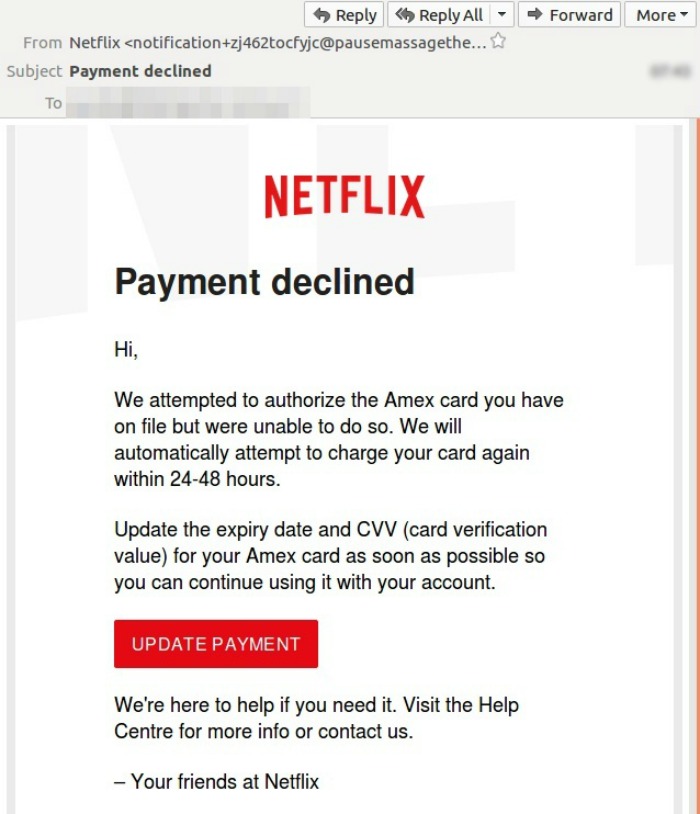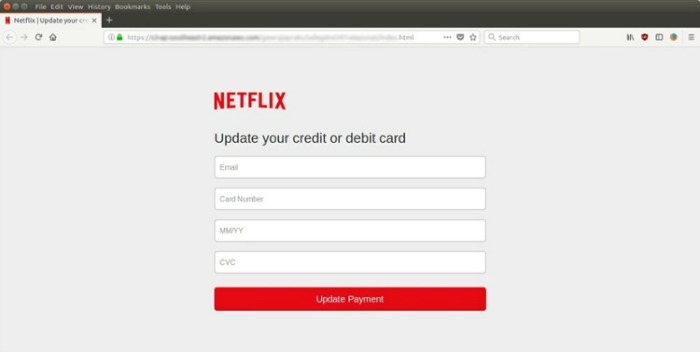
Baby Boomers are becoming even savvier when it comes to protecting themselves on the internet, but a worrying new report says people may not be doing enough when it comes to scam emails.
While most people have antivirus programs installed on their computers and tablet devices, MailGuard’s new warning reveals cybercriminals are coming up with clever ways to sneak past these protections, attacking computers and stealing personal information at an alarming rate.
It’s not uncommon for people to believe they’re safe online because they’ve installed an anti-virus program, but unfortunately many aren’t actually protected when it comes to email attacks.
This means people are unknowingly clicking on links that are potentially more advanced and damaging than antivirus software can handle. While your antivirus probably does a great job of alerting you if something suspicious shows up on a webpage, USB file or flash drive, it likely won’t be able to pick up on scam emails.
Because of the sheer speed at which attackers are working, it’s taking even longer for sellers of antivirus programs to issue updates and warnings to people, with many left at risk when they don’t install an update as soon as it becomes available.
Targeting people’s inbox is the easiest way scammers can get around antivirus software and it’s proving effective. MailGuard reports an incredible 90 per cent of cyberattacks actually occur because of a scam or spam email. It also says 97 per cent of people can’t tell the difference between a phishing email and a genuine one, with a quarter of those people clicking on dodgy links.
Often when people open the links, malicious software is downloaded onto their device, giving the scammer access to their files, finances and personal information. Scammers work extremely hard to make emails look convincing, often making them look as though they’re real messages from banks, energy companies and even subscription services such as Netflix.
MailGuard shared examples of a Netflix email scam that tricks people into

Most of the messages encourage people to either click a link to confirm details or prompt them to send personal information straight into the hands of scammers.

The new report comes as The Australian Competition and Consumer Commission (ACCC) warned that people over the age of 65 are the biggest targets when it comes to scams. In addition to digital scams, they warn that Baby Boomers are more prone to falling for cold calls or other scams that aim to steal personal data.
If in doubt, try not to open files or links that appear dubious. Especially if you don’t have an account with the company in question. If something doesn’t look right or you feel like your information may be compromised, call the company to confirm whether or not they emailed you, or lodge a complaint with the government-run website Scam Watch.